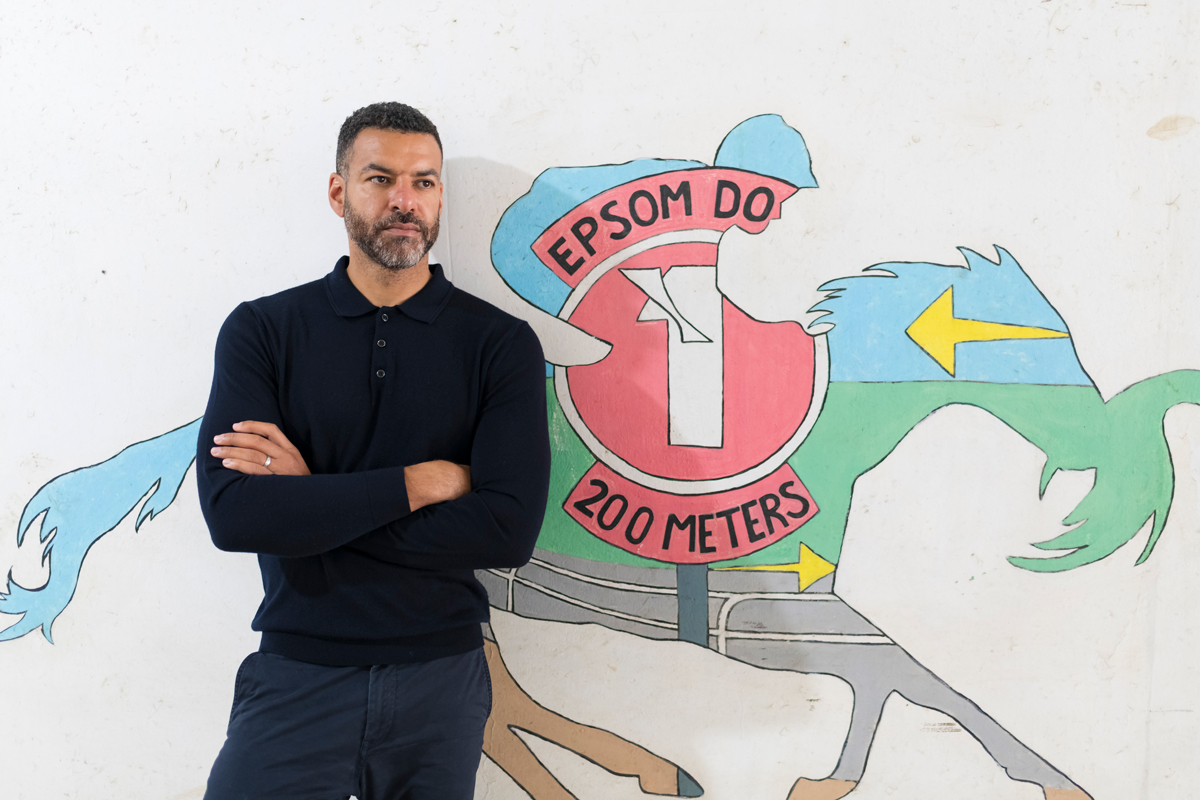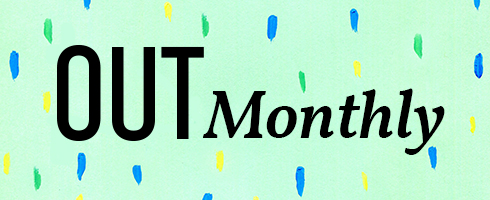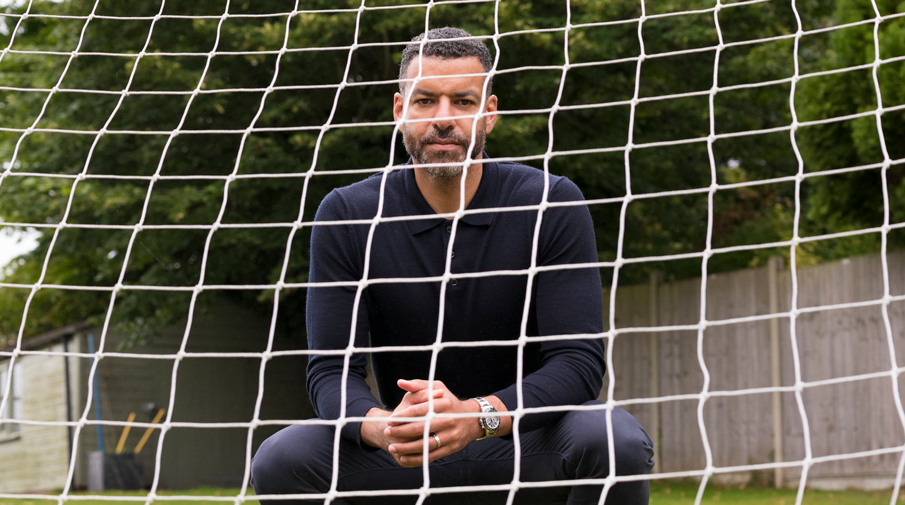It was only recently that Steven Reid helped Nottingham Forest secure promotion to the Premier League after beating Huddersfield in the Play-Offs at Wembley. However, shortly afterwards he announced he’d be taking a break from his coaching role to push his career in a new direction. Now, he’s back in the football world after graduating in Level 3 Counselling and using his personal experience with mental health to help players improve their own mental well-being, confidence and leadership.
“Watching Everton’s Dele Alli’s interview with Gary Neville was really powerful. He spoke so well about what he’s been through. People in the spotlight like him help normalise that it’s OK to not feel OK. When I think about myself coming through as a young footballer, that was unheard of. Even up to a few years ago, I thought I was the only one going through some of the issues I had.”
“I remember my first experience of what I now know to be anxiety was back in primary school. I’m from a stable family with a lot of love, so it’s hard to put your finger on it but it started young. Then, going into the type of environment that football was at the time, magnified all those anxieties and emotions. I played for England Under 16s then left school after my GCSEs, went straight to the first team at Millwall and was playing professionally by my 17th birthday. I was thrown in, dealing with a lot at a vulnerable age; worrying about what to wear, what music to listen to, how to fit in. Then it was the banter, the abuse – it was tough!”
“My first experience of counselling was around then which mum organised. She worked in a mental health hospital in Ham, so was around people who were struggling with their mental health, so she created a safe space where my brother and I felt we could share our worries and get support.”
“I went on to play for the Republic of Ireland under 21s (as I have Irish heritage) then onto their senior team, playing at the 2002 World Cup. Then, from Millwall to the Premier League with Blackburn where I spent most of my career, then four years at West Brom’ and a year at Burnley. That’s when I had more visible issues around mental health; dealing with the pressures of the game, being a professional footballer, the expectation – it was a lot to take on as a young man.”
‘I still have that voice saying, ‘Man up!’, ‘What’s wrong with you?’
“I’d have sessions with the club doctors, which later in my career were more physical injuries – but these in turn impacted my mental wellness. The support was there but as Dele Alli said in his interview, you can’t force it. People tried to help him earlier but it took him to surrender to it, to accept and admit that he needed help. It needs to come from you.”
“It’s also the culture of football. People make decisions about your future and your position in the team. Will you get that contract? If it’s between two players and one shows some mental vulnerability and the other doesn’t, that could be the deciding factor. For many players, it’s about not speaking up and they just try to go through it alone.”
“There’s still a generational hang-up. I still have that voice, the brainwashed one saying, ‘Man up!’, ‘Get on with it!’, ‘What’s wrong with you?’, which I’m better able to manage now. I’ve learnt so much through the mentoring and counselling work I do that there are ways to cope; ways around lifestyle, all the important bits that we sometimes let slip. Things like nutrition, exercise, alcohol intake – these aspects are massive. Often with clients I’ve had over the past year, it comes back to this – asking if they’re getting enough sleep, fresh air, staying hydrated, breaks from screens etc.”
“I would definitely have had my issues no matter what I did. I realised this when I left Nottingham Forest last year. I still had a couple of big episodes with feelings of imposter syndrome and deep anxiety; questioning myself constantly – it all still stirs up – but I’ve learnt that this is part of me. It’s not what I’m doing that causes it necessarily, it’s how I am, how I feel and I’ve learnt to manage that a bit better.”
“And it feels right to be back in football again. Support is there but we’re only scratching the surface but using my personal experience to help others is now my biggest strength. It allows me a connection with the players; talking to the them about life – not just about football. It’s important to know them as people, not just players.”

Home Turf
“My family are local; mum’s in Kingston, dad’s in New Malden, my brother’s in Motspur Park. Up until my recent return to Nottingham Forest, my usual routine would be to do the school run and head to Nonsuch Park or Epsom Downs. I love taking our dog to watch the horses training, on a lead obviously! Contrary to what people think an ex-Premier league player might do, my wife Kat and I are very relaxed; we like to stay local and keep it simple. Whether that’s a coffee in Ewell village, a pint in The Green Man or just wander down into Epsom. Eating out we like Cappadocia and Organico and we love Makiyaki sushi restaurant. Equally, we love how easy it is to just jump on the train, head into central London, have a lunch date and be back in time for the school run!”
Steven Reid is an ambassador for Sporting Chance, a mental health charity who support all PFA (Professional Football Association) members as well as other sporting bodies.





